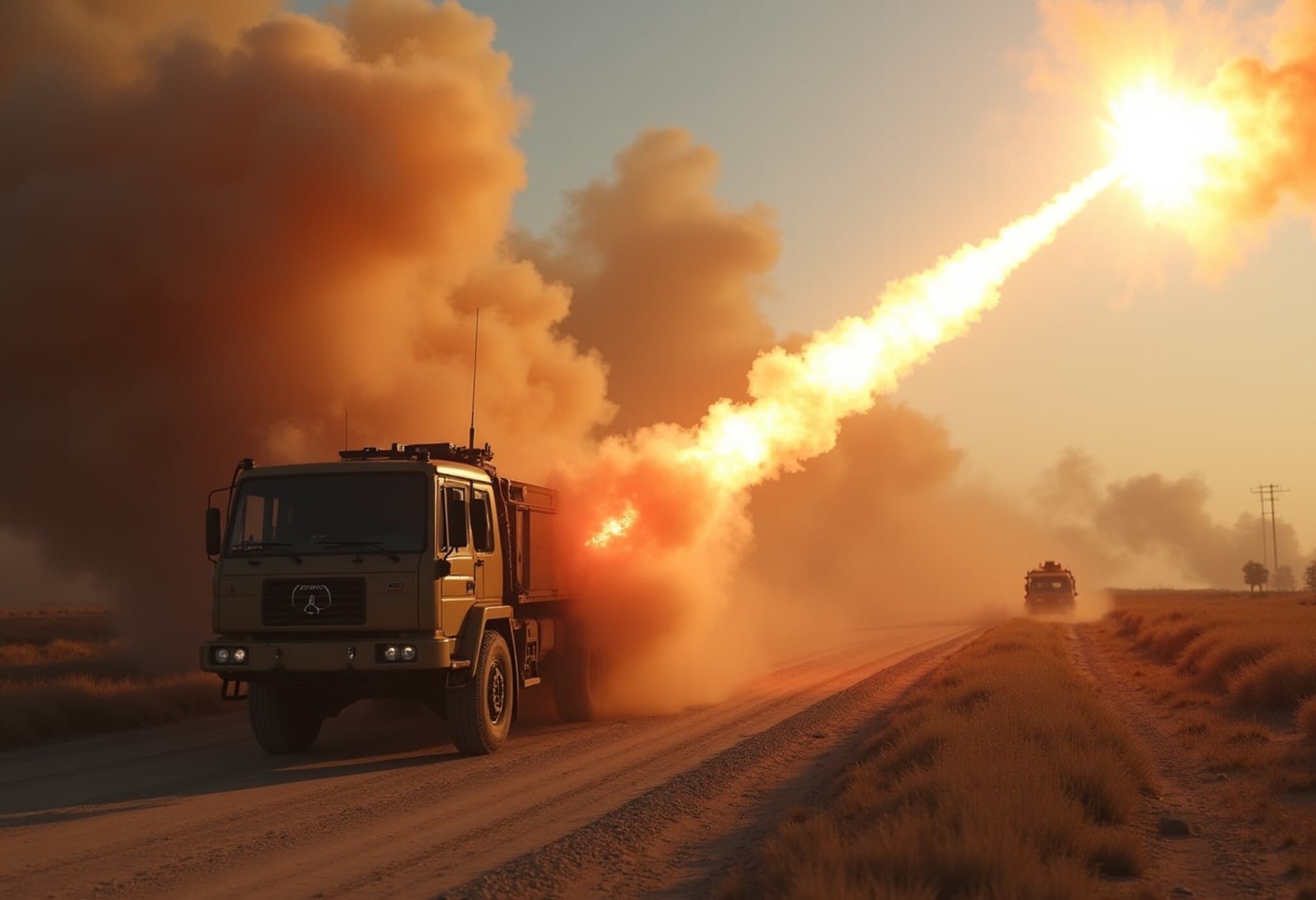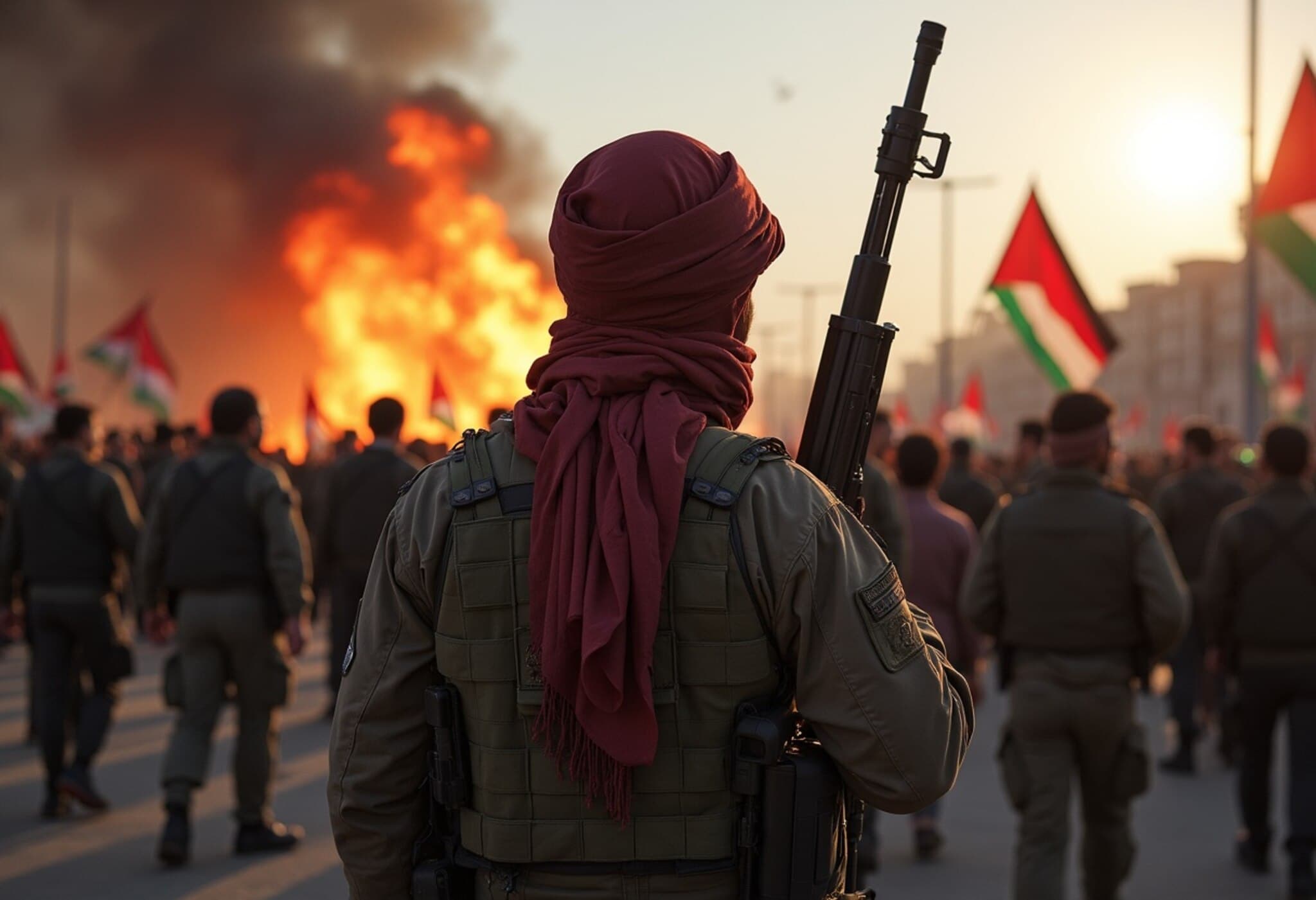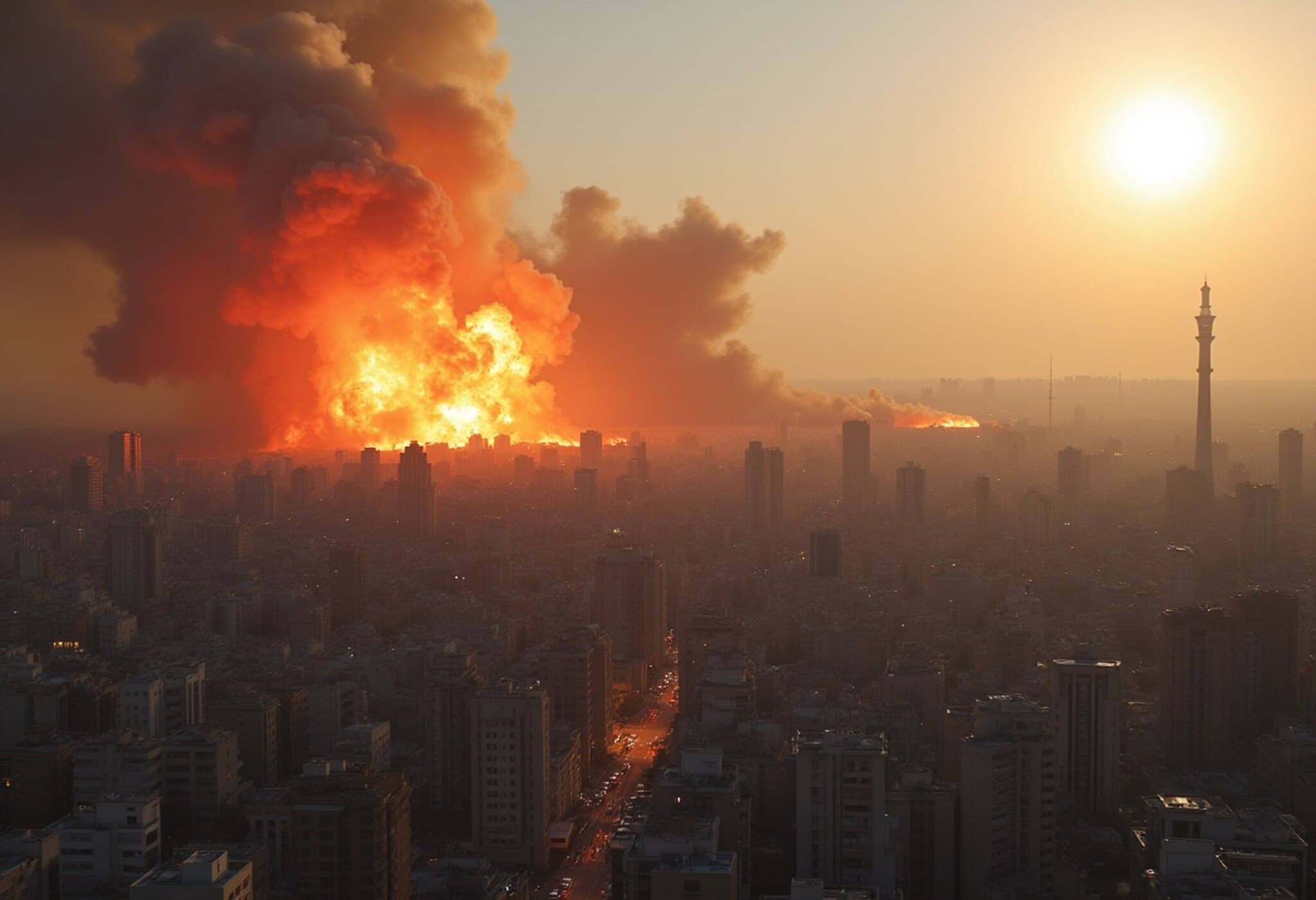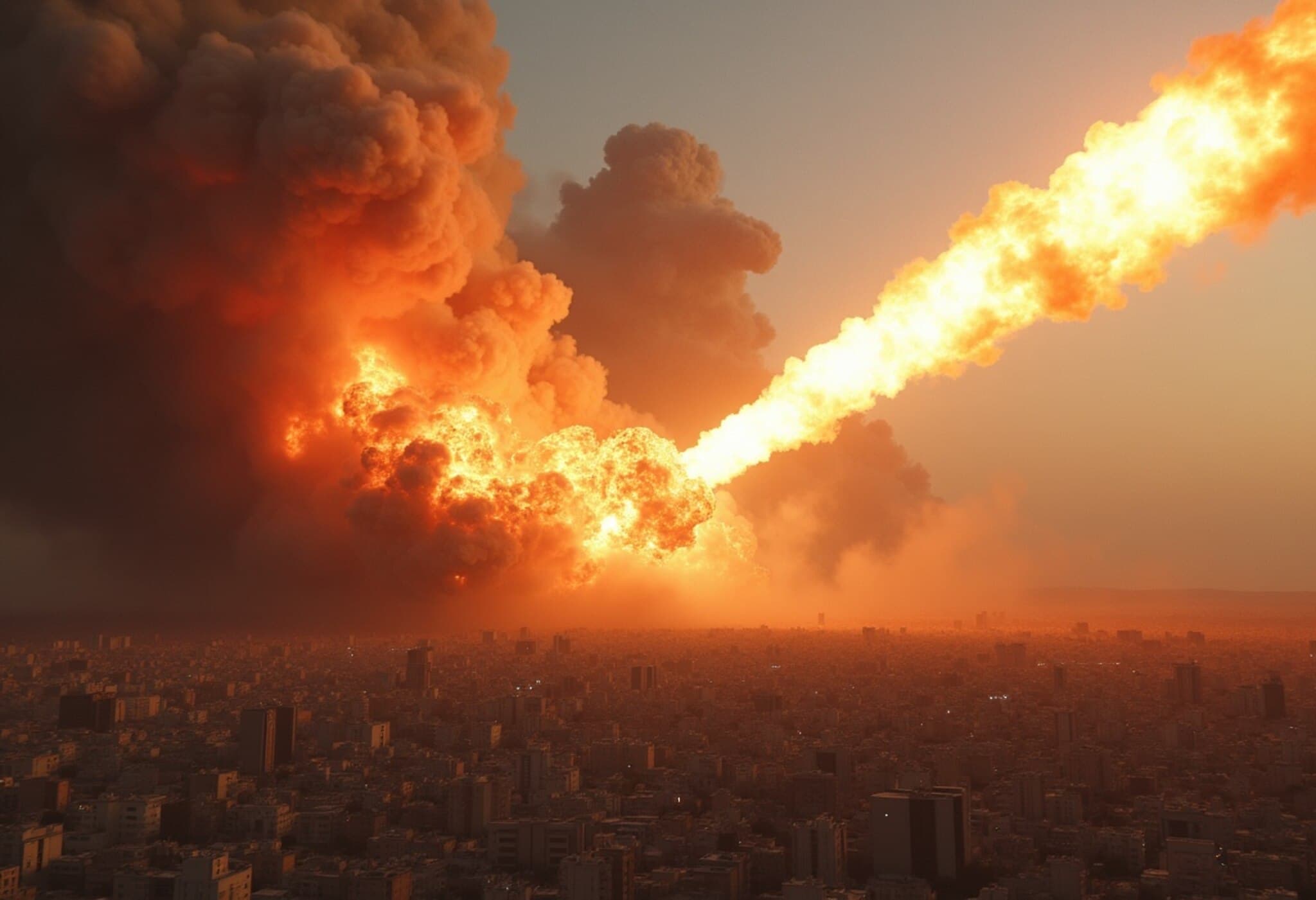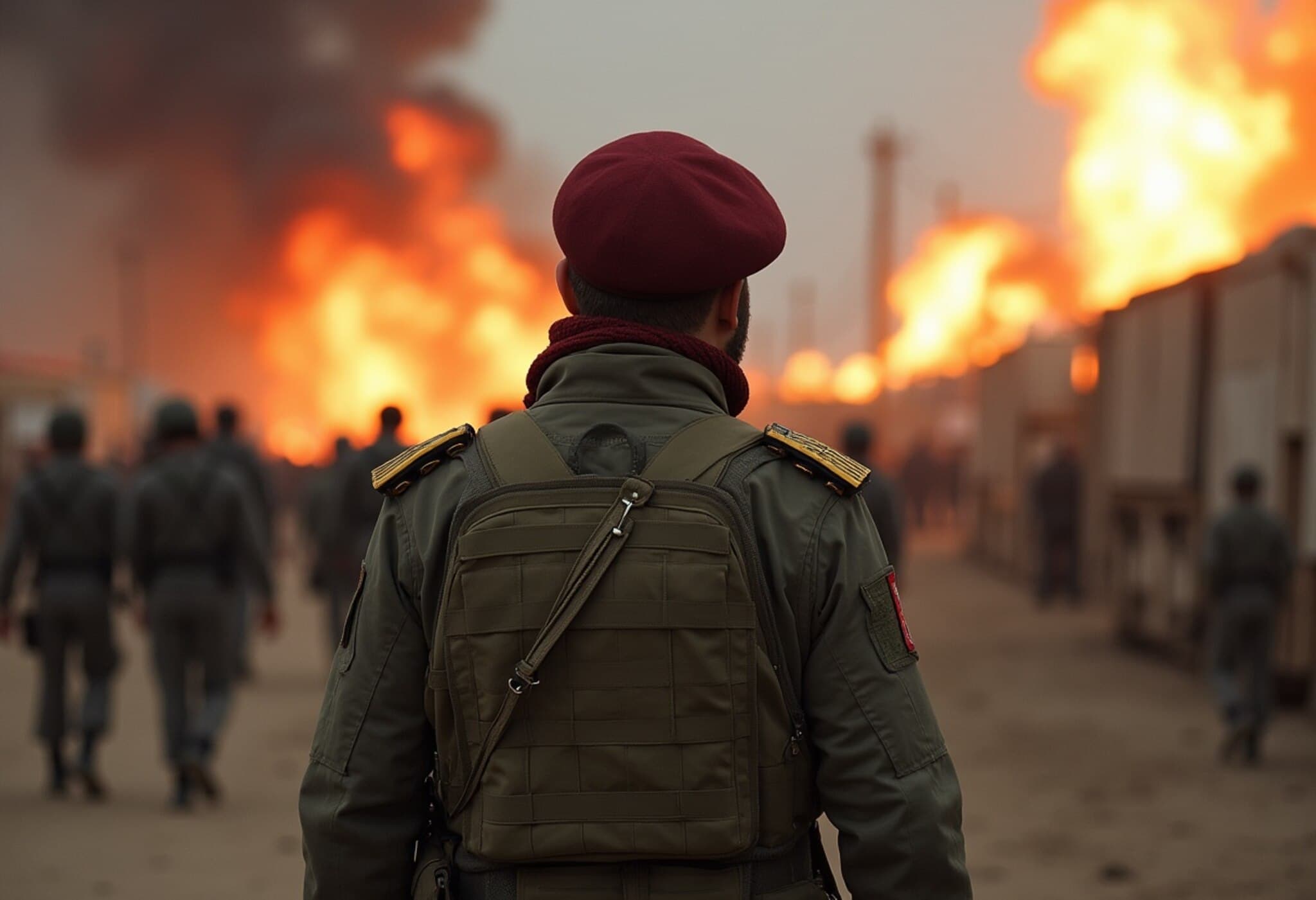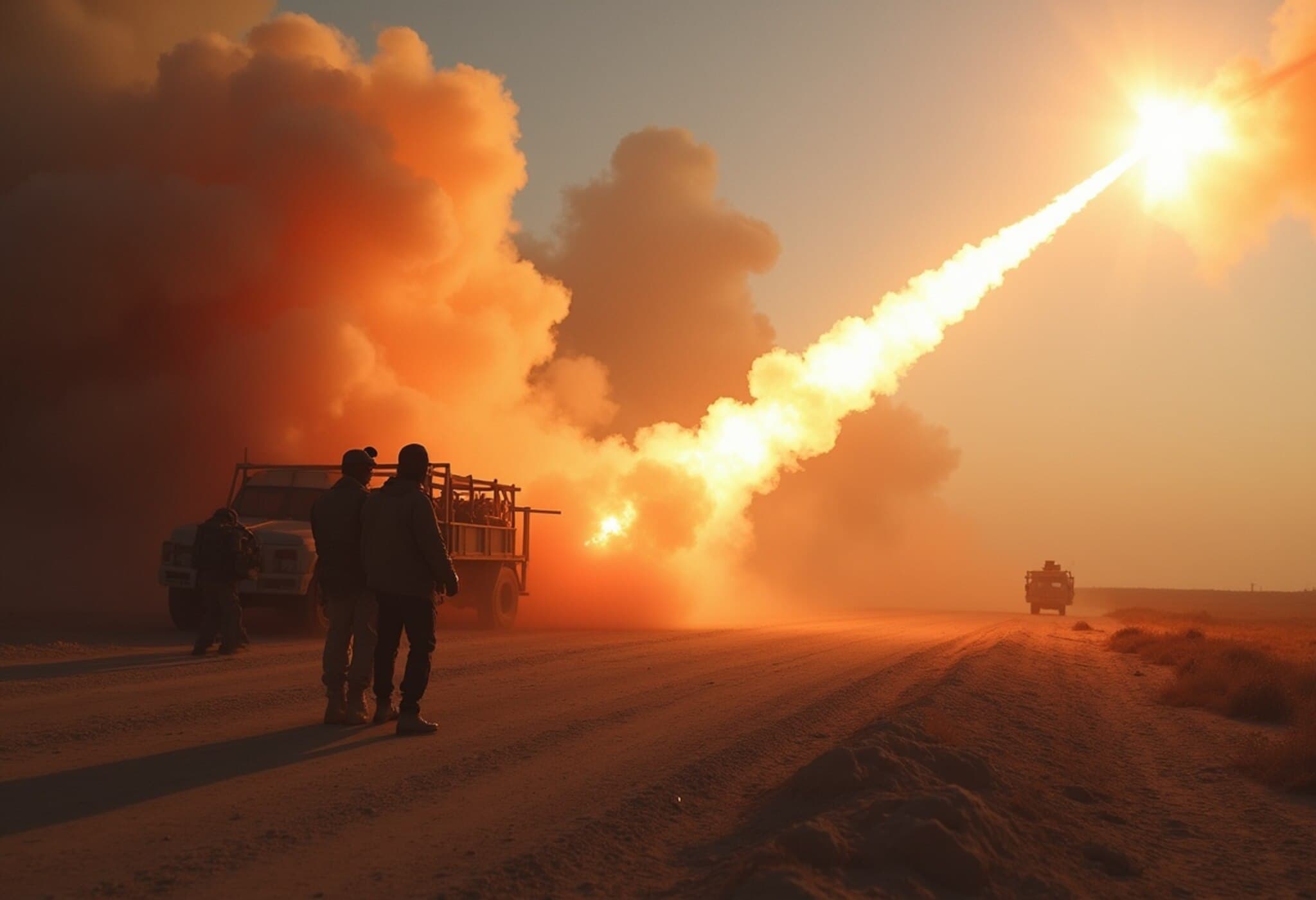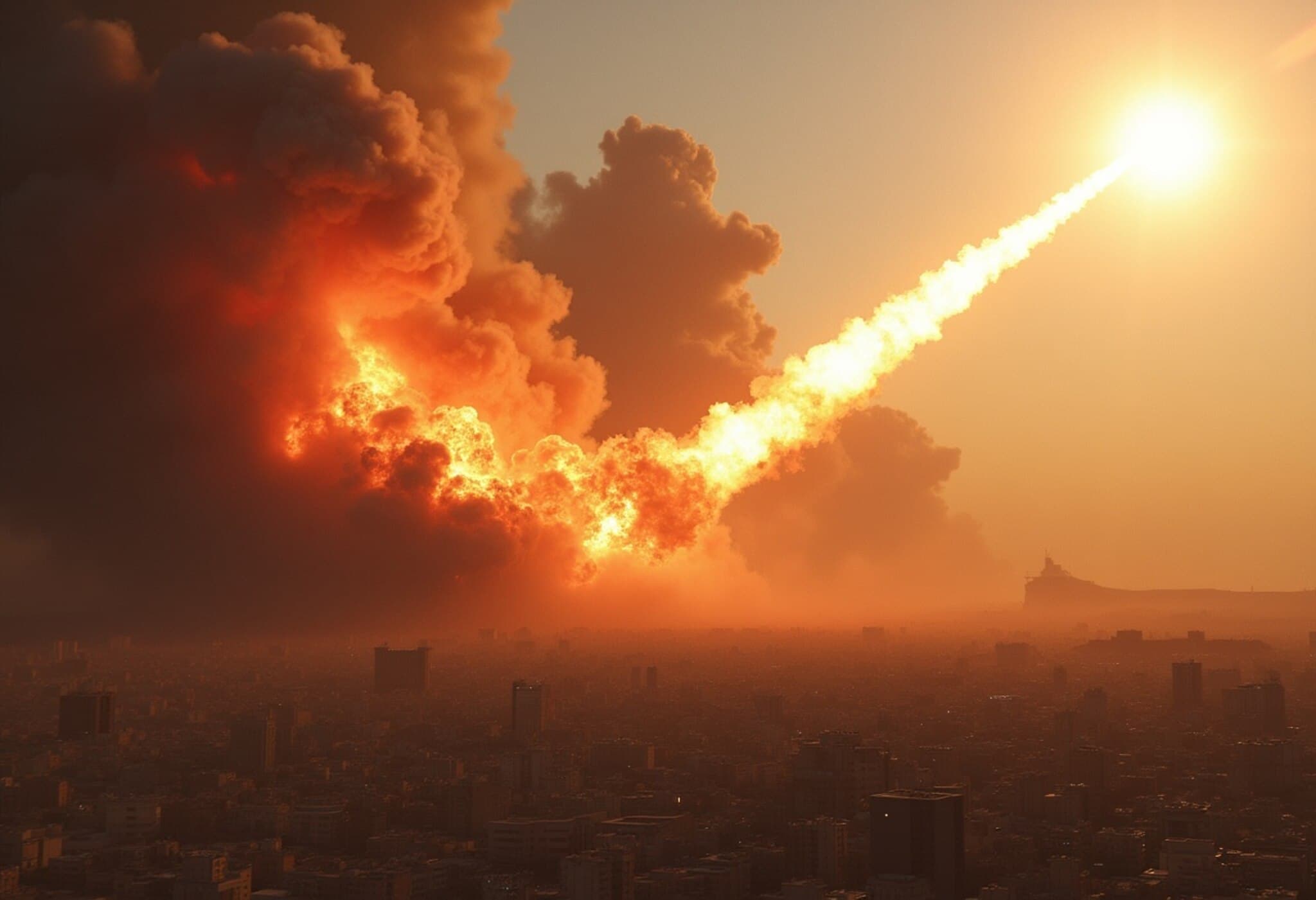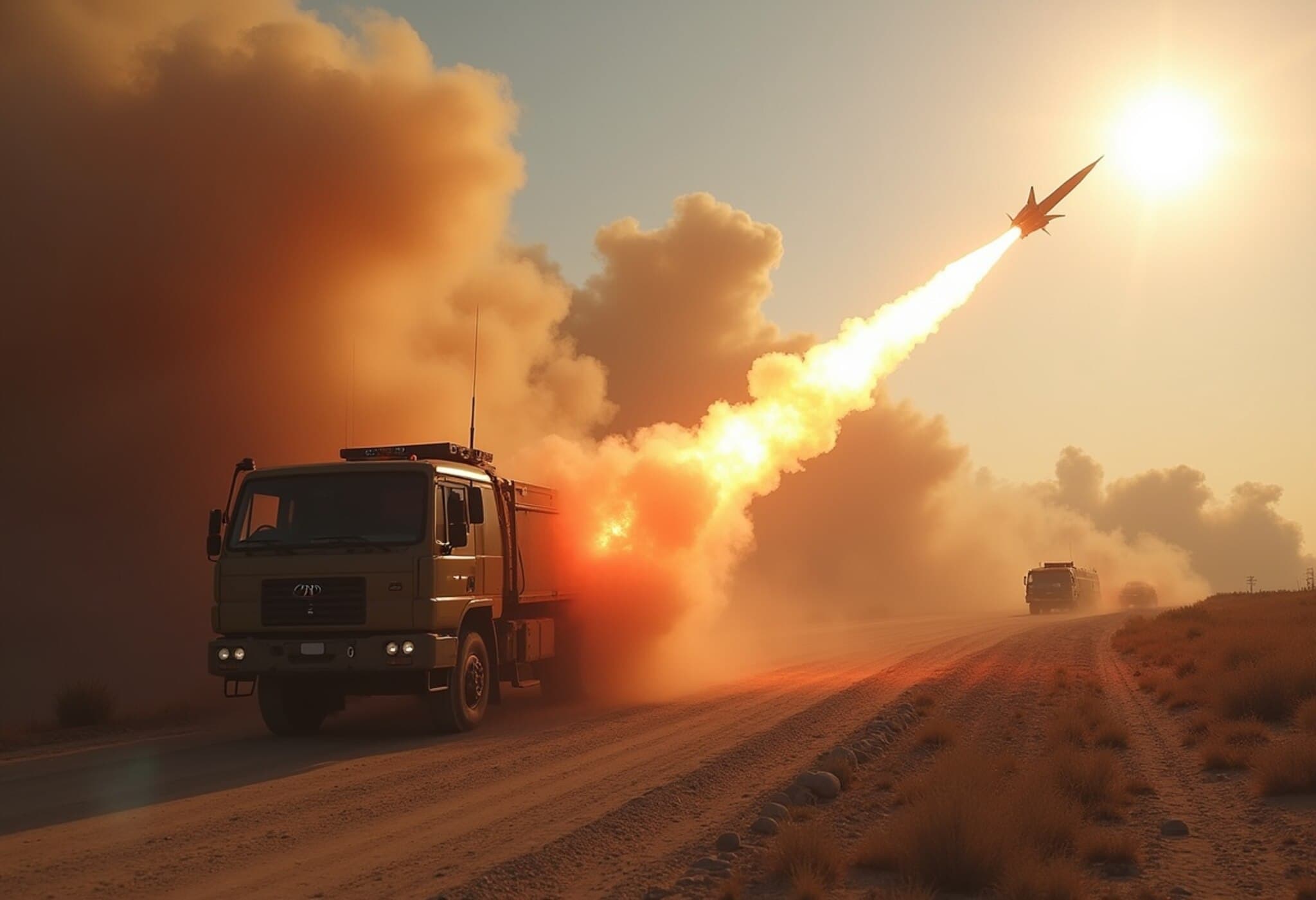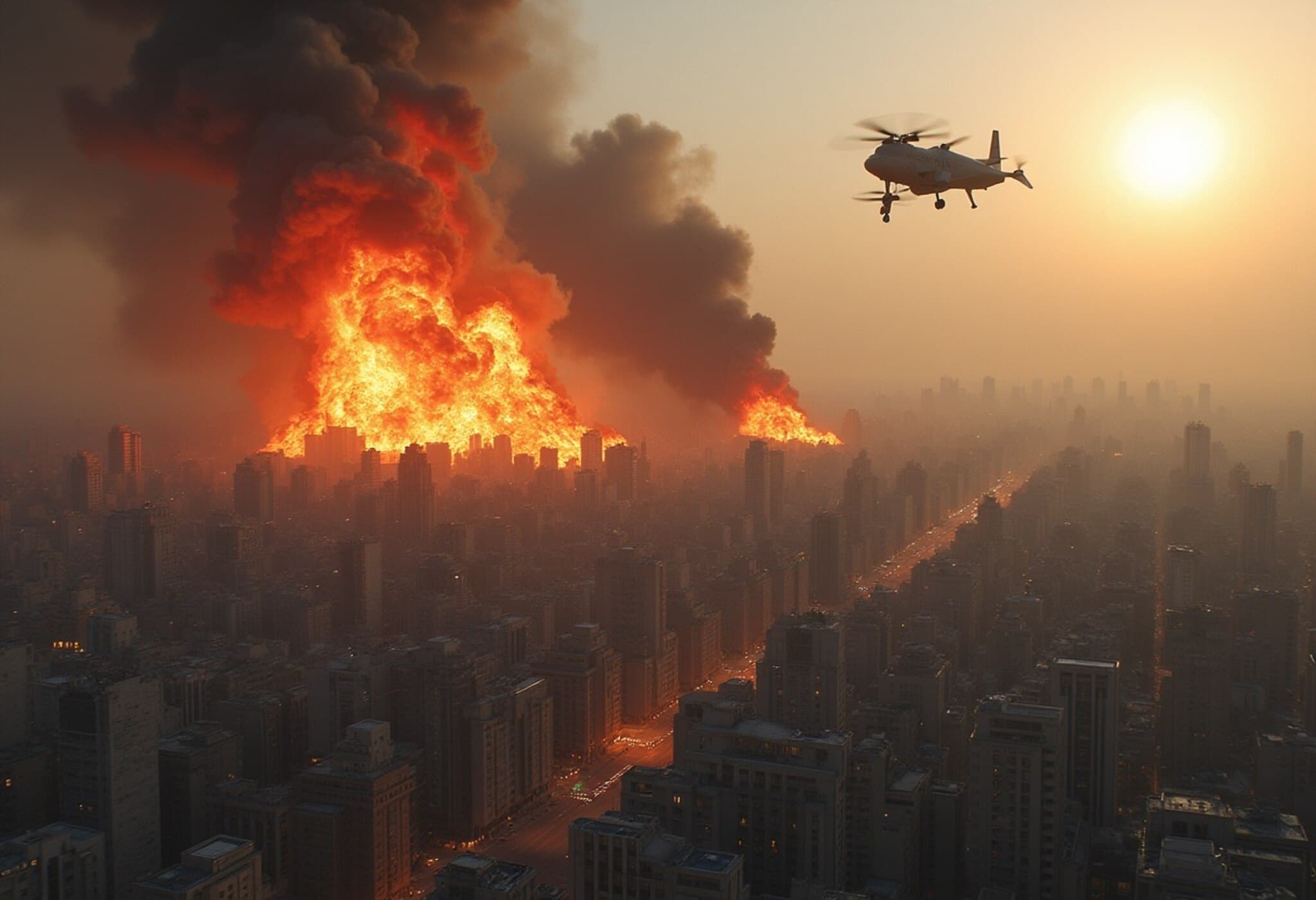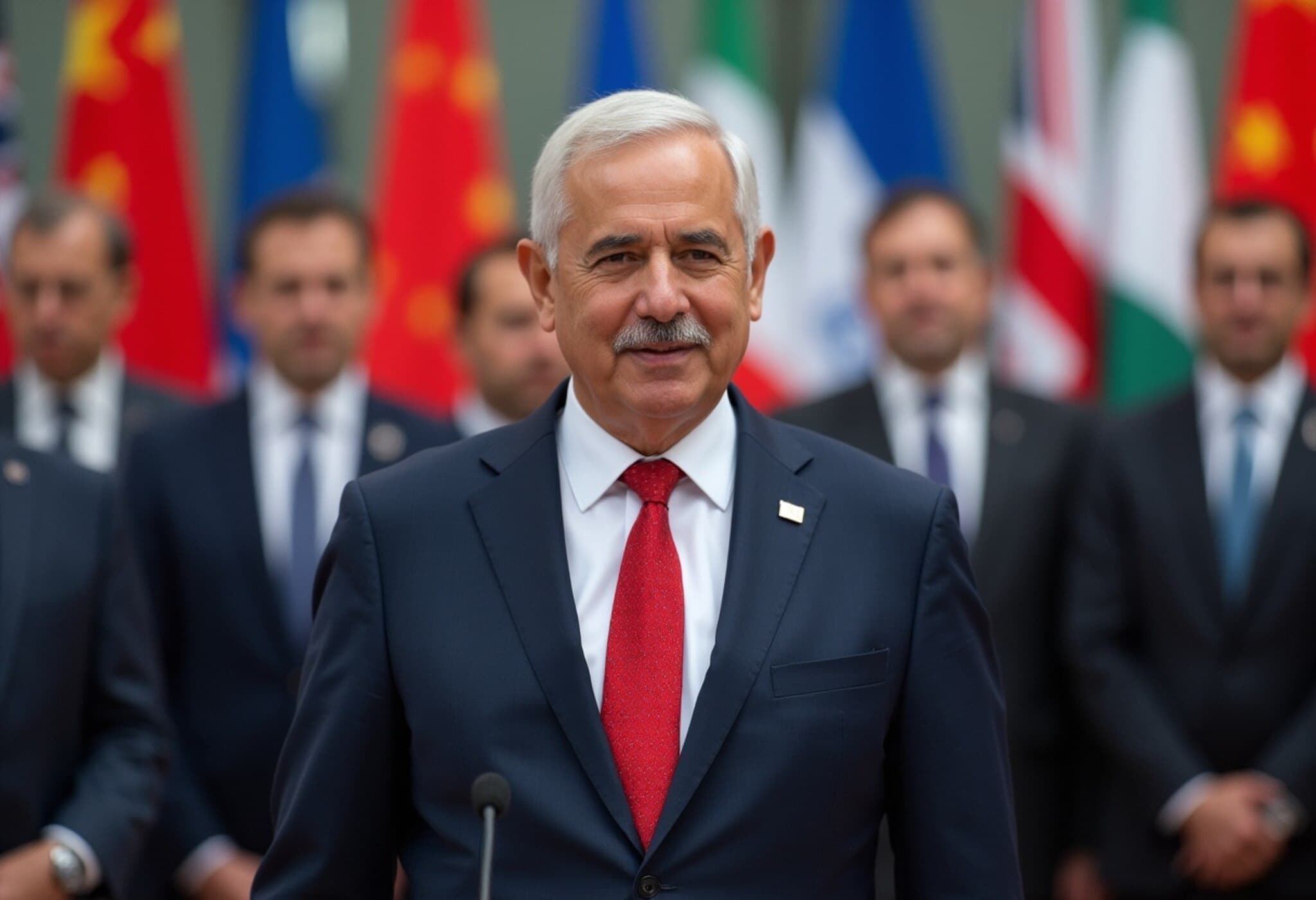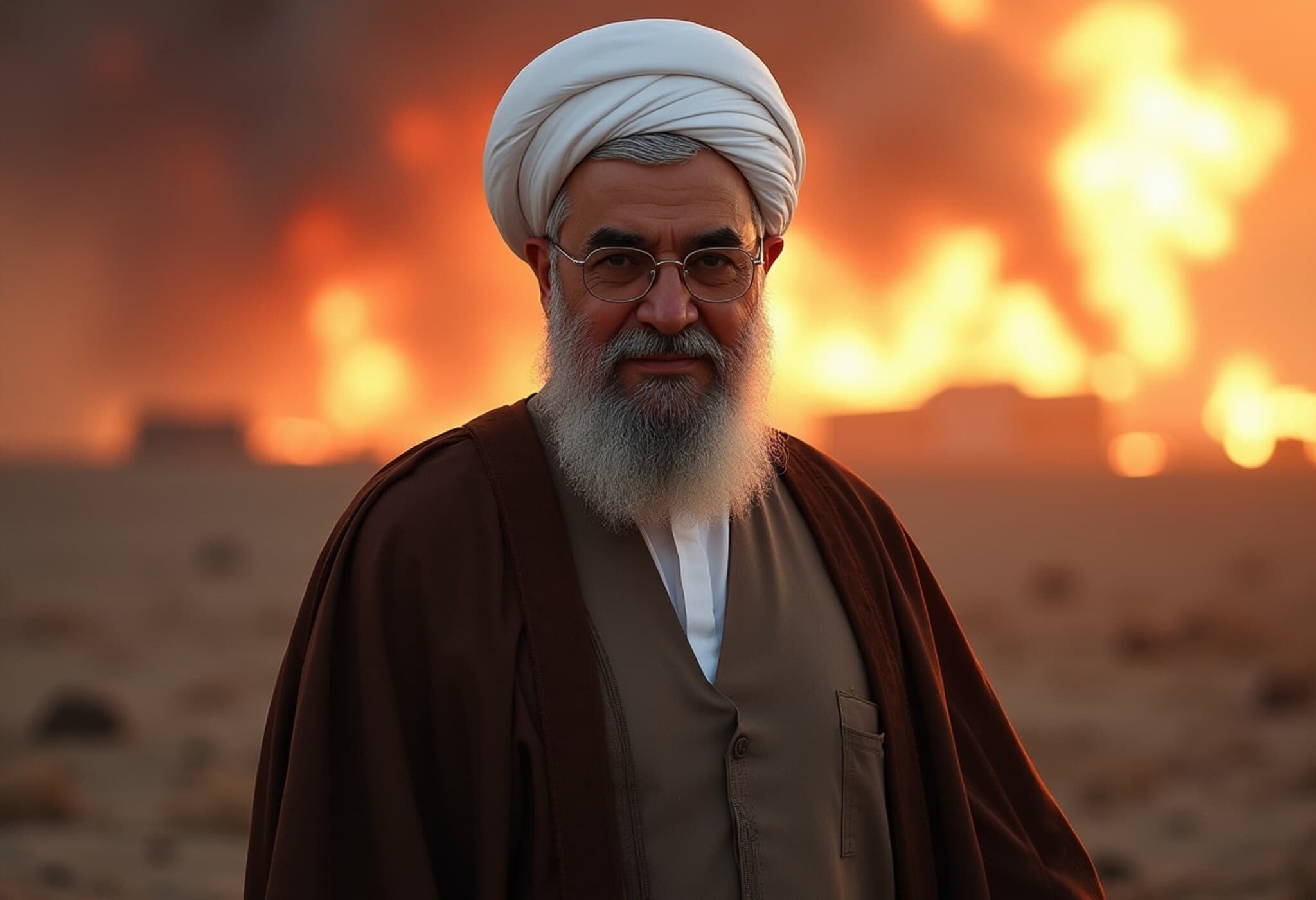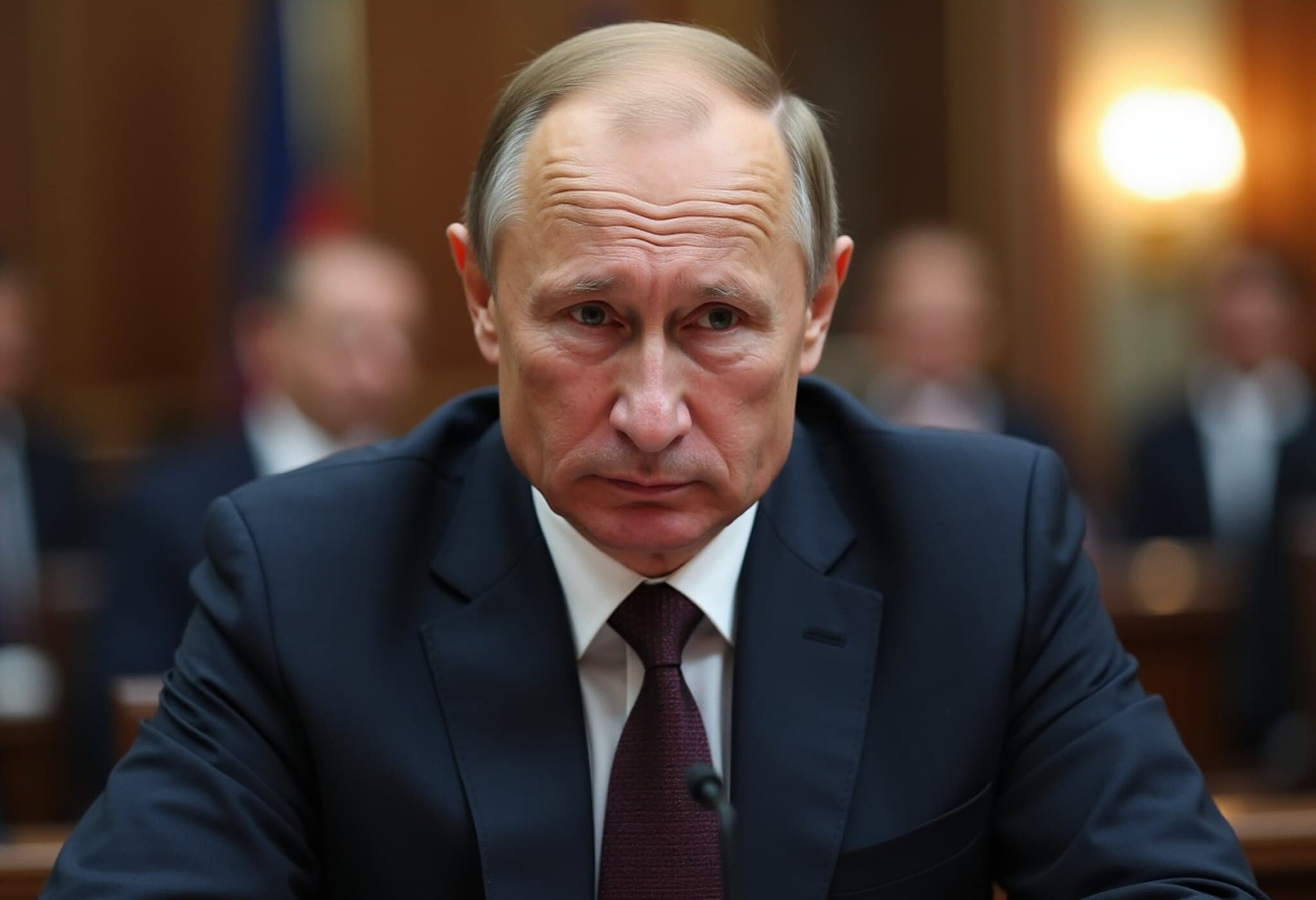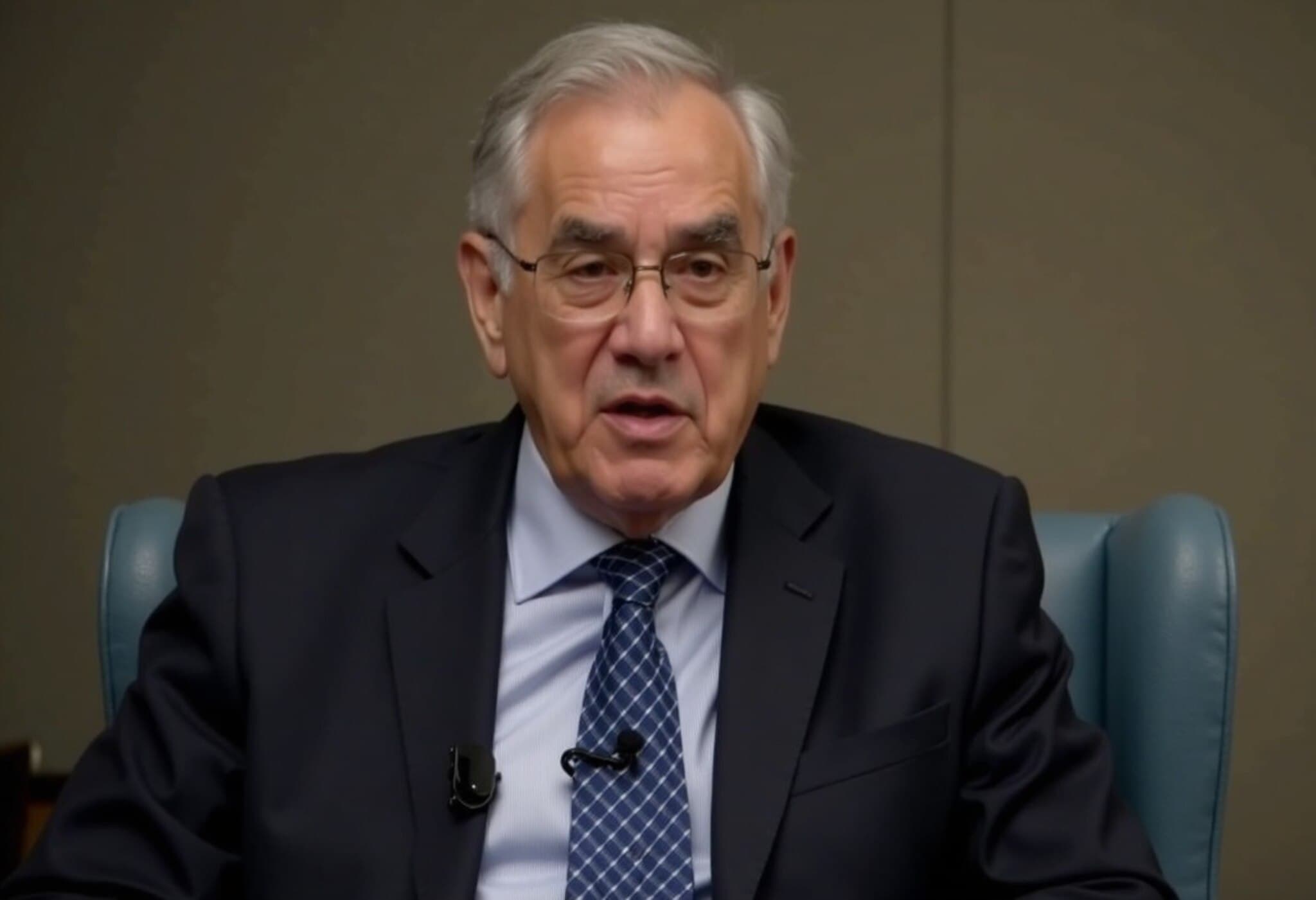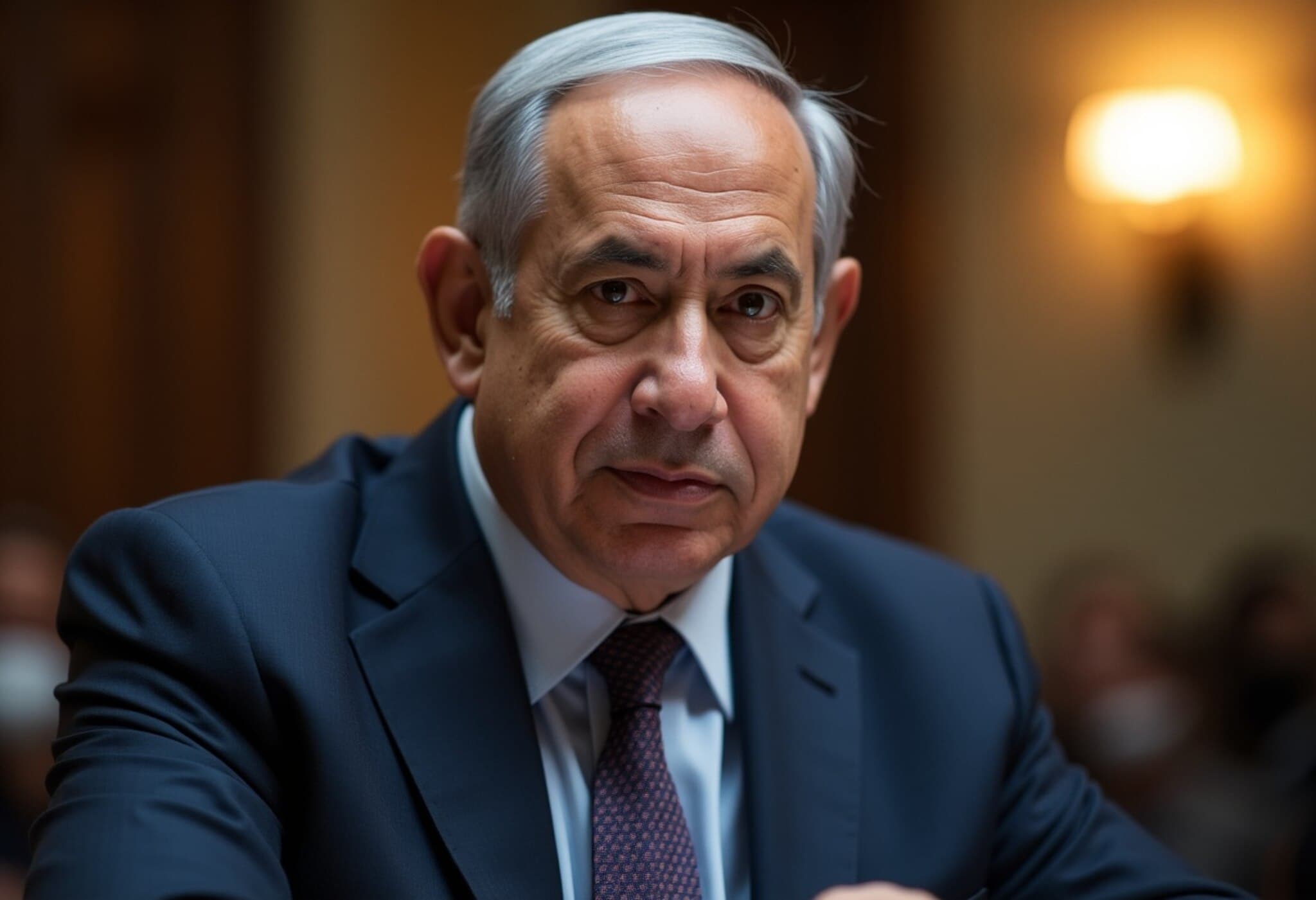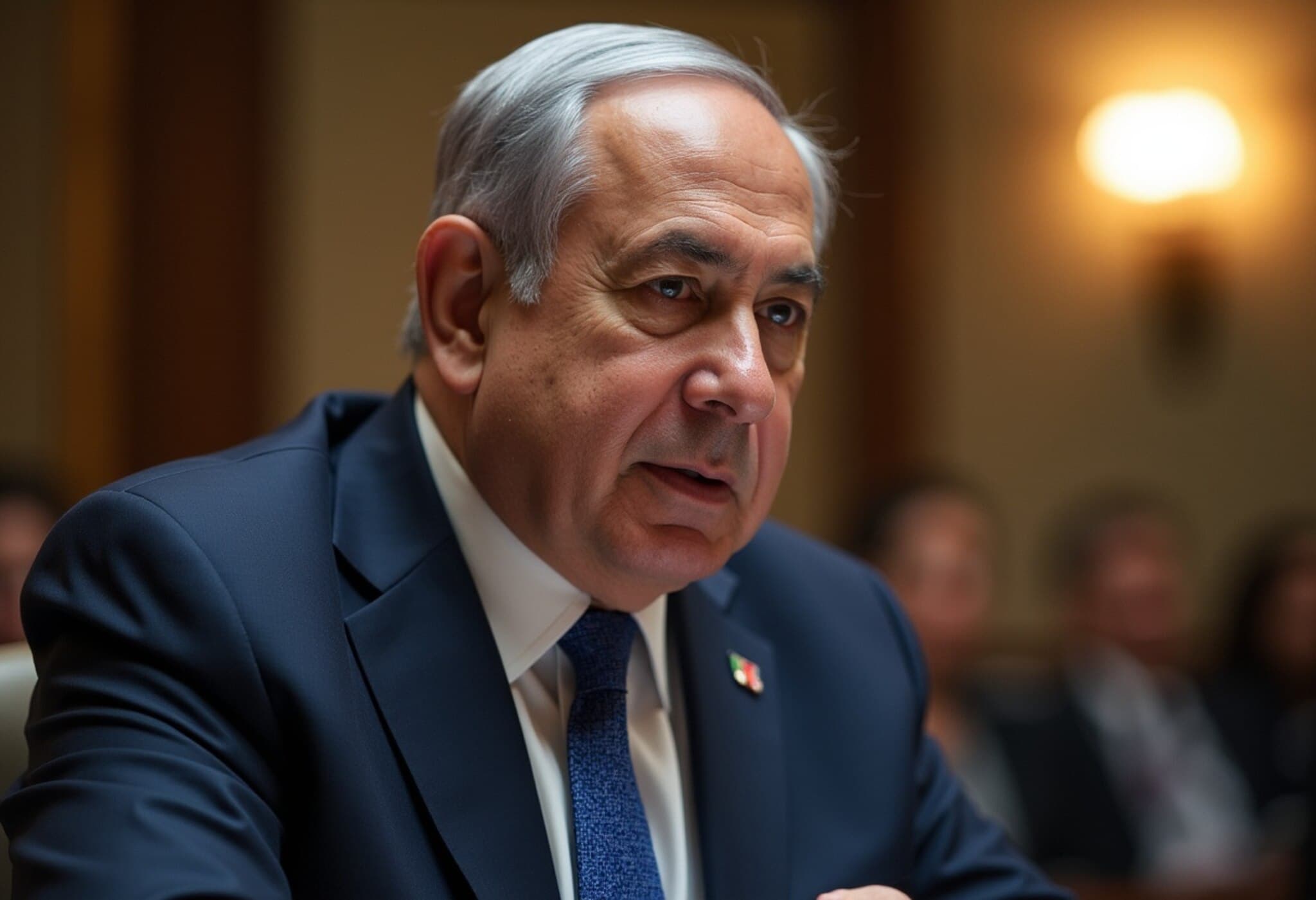Iran Deploys Cluster Munition Missiles Against Israel
As the conflict between Iran and Israel enters its eighth day, Iran has reportedly fired a missile armed with cluster munitions at central Israel. This marks the first known use of cluster bombs in the ongoing hostilities, raising concerns over the indiscriminate nature of such weapons.
Details of the Attack and Damage Reported
The missile, according to military sources, released approximately 20 submunitions at an altitude of around 7 kilometers (4 miles). These submunitions dispersed over an area spanning roughly 8 kilometers (5 miles) in central Israel.
One of the submunitions struck a residential home in the town of Azor, causing structural damage. Fortunately, there have been no reported casualties from this incident so far.
Understanding the Controversy Surrounding Cluster Bombs
Cluster bombs are notorious for their wide-area impact as they release multiple smaller bomblets, which can scatter indiscriminately over civilian areas. Not all of these bomblets detonate upon impact, posing long-term hazards from unexploded ordnance that can harm or kill civilians long after the fighting ceases.
To underscore the risks, the Israeli military has circulated information warning the public about the dangers of unexploded submunitions.
Statements from Israeli Military Officials
Brigadier General Effie Defrin, Israel’s military spokesperson, condemned the use of such weapons stating, "The terror regime seeks to harm civilians and even used weapons with wide dispersal in order to maximize the scope of the damage."
International Perspective and Legal Context
The deployment of cluster munitions remains heavily criticized worldwide. A 2008 international treaty bans their production, stockpiling, transfer, and use—signed by 111 countries. However, neither Iran nor Israel are parties to this convention.
Experts highlight the problematic nature of Iranian missile accuracy, suggesting that the use of cluster bombs almost inevitably harms civilians rather than strictly military targets.
Daryl Kimball, executive director of an arms control advocacy group, warned: "These are egregious weapons with wide-area destruction potential, particularly devastating if used near civilian populations; they also add to the danger of unexploded ordnance long after conflicts subside."
Notably, in 2023, the United States authorized the supply of cluster munitions to Ukraine, citing their use against occupying forces. However, the US and other involved countries have declined to join the Cluster Munitions Convention despite the controversy.
Current Status and Responses
Attempts to gather comments from Iran's mission to the United Nations and the Israeli embassy in Washington have not resulted in immediate responses.
As this conflict continues, the introduction of cluster bombs adds a dangerous new layer, underlining the growing risk to civilians caught in the crossfire.

